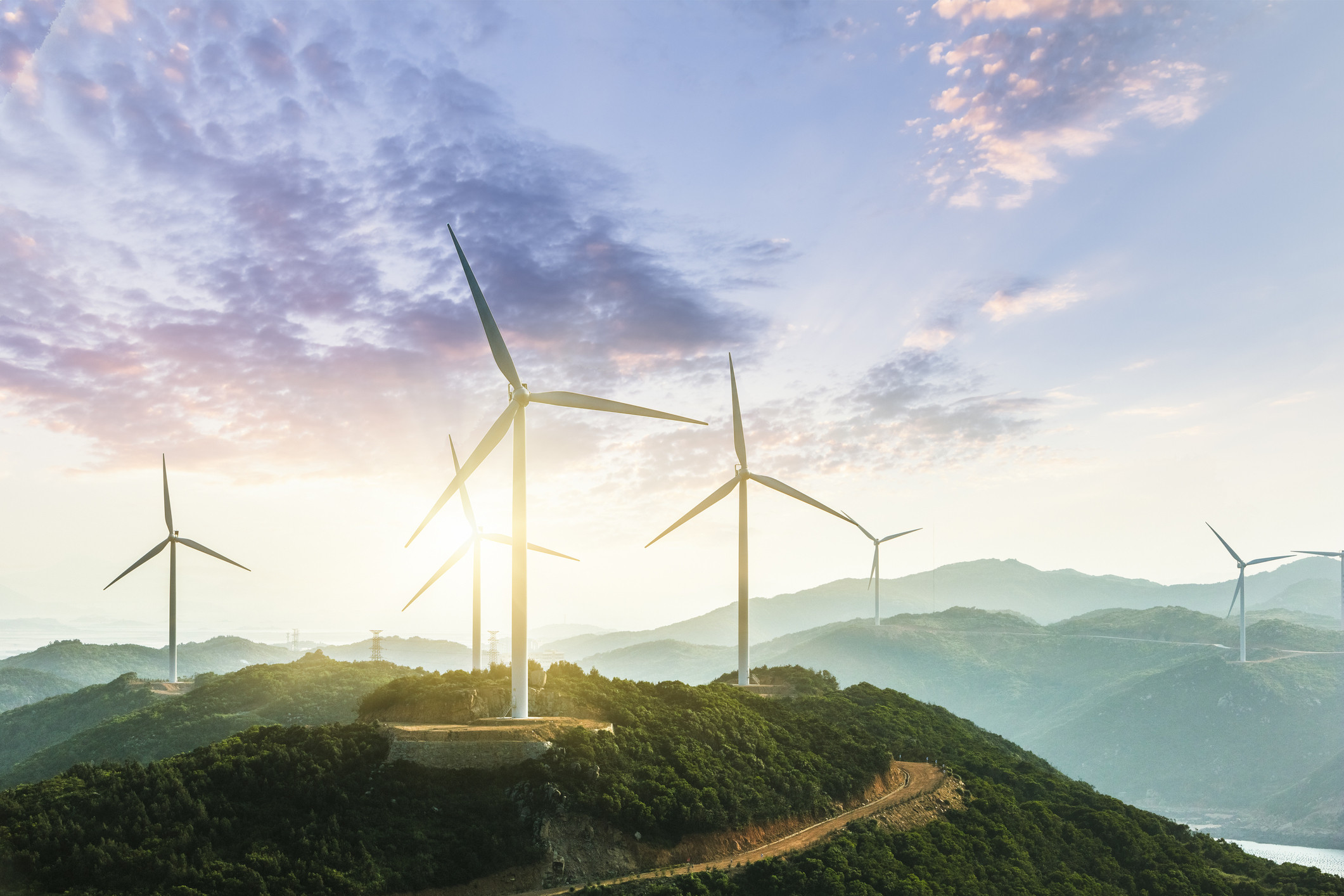The bloc of Southeast Asian countries will double its demand for natural gas to 350 billion cubic meters by 2050
ASEAN will double its demand for natural gas to 350 billion cubic meters by 2050. In fact, even more. A truly impressive trend that accelerates in tandem with the abandonment of coal-fired power generation. Identifying the 350 billion cubic meters of demand over the next three decades was the secretary general of the Gas Exporting Countries Forum, Mohammed Hammel. The share of natural gas in the region's energy mix is projected to grow steadily to 24 percent by 2050. GECF data show that ASEAN's natural gas demand will stand at 160 billion cubic meters in 2021, of which 80 billion cubic meters will be used for power generation and 50 billion cubic meters will be used by the industrial sector. These two sectors will continue to take the lion's share of the bloc's natural gas demand in 2050. Indonesia, Thailand and Malaysia will also be major contributors to demand. Coal accounted for 24 percent of the region's energy mix in 2021, but will likely drop to 13 percent in 2050 as the share of cleaner energies increases. According to GECF data, Thailand is the largest importer of liquefied natural gas (LNG) in the region and will maintain this position in the coming decades. ASEAN's natural gas production will continue to be around 180 bcm in 2050, and the region will extract its gas mainly offshore. When combined with carbon capture and storage (CCS) technology, natural gas could cut down an additional 735 million tons of carbon dioxide emissions in the power sector alone by 2050. Hidetoshi Nishimura, president of think-tank ERIA, said natural gas can reduce emissions through its expanded use in the initial phase of the clean energy transition from 2020 to 2030 by applying existing, affordable fuels and energy technologies. In the long run 2030-2050, many advanced technologies such as co-firing with hydrogen and CCUS (carbon capture, utilization and storage) will be employed. The process will ensure many opportunities on the energy front for international players.






